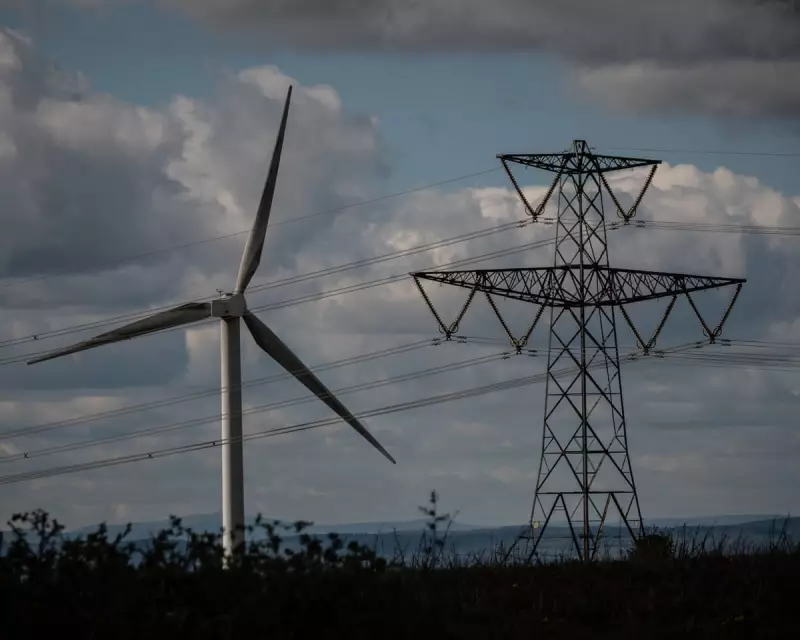
Massive Grid Investment Sparks Billpayer Concerns
Energy giant SSE has unveiled ambitious plans to invest £33 billion in upgrading the UK's electricity network over the next five years, sending its share price soaring by 17% in a single day. The massive spending programme forms part of a broader £80 billion network investment initiative involving SSE, Scottish Power and National Grid Group.
While shareholders celebrated the news, concerns are mounting about the impact on consumers and small businesses who will ultimately foot the bill through increased electricity charges. Martin Pibworth, SSE's chief executive, described the initiative as a "once-in-a-generation opportunity to upgrade the UK electricity network".
Consumer Bills Set to Soar
Energy experts warn that the grid upgrade costs could push electricity prices significantly higher, even if wholesale energy costs decrease. Rachel Fletcher, director of regulation at Octopus Energy, told a Commons select committee that electricity prices could rise by 20% despite potential halving of wholesale prices.
The situation appears particularly dire for small businesses. Chris O'Shea, chief executive of Centrica which owns British Gas, revealed that businesses face an average 70% increase in network charges, with some seeing their costs double. He warned this could translate to total bill increases of 5-10% for many small and medium-sized enterprises.
Regulatory Questions Mount
Ofgem, the energy regulator, faces scrutiny over whether it has been too generous in its approach to funding the grid upgrades. The current price control determinations for 2026-31 remain in draft form, with the final version expected next month.
Critics question whether the full £80 billion needs to be spent within just five years and express concern about the front-loaded nature of the charges. Domestic customers could see their bills increase by £42 annually from next April, while businesses face the more substantial hikes.
The government and Ofgem defend the spending as necessary to correct historic underinvestment and prepare for a projected doubling in electricity usage by 2050. They argue the upgrades will enable the grid to handle more renewable generation and reduce constraint costs - the payments made to windfarms to turn off when local grids are overloaded.
SSE remains confident it can deliver the massive investment programme while still increasing dividends to shareholders by 5-10% annually until 2029-30. The company expects to need only £2 billion in new equity, supplemented by another £2 billion from disposals.
As the April implementation date approaches, pressure builds on regulators and government to address affordability concerns more openly, particularly for businesses operating outside the protection of price caps.





